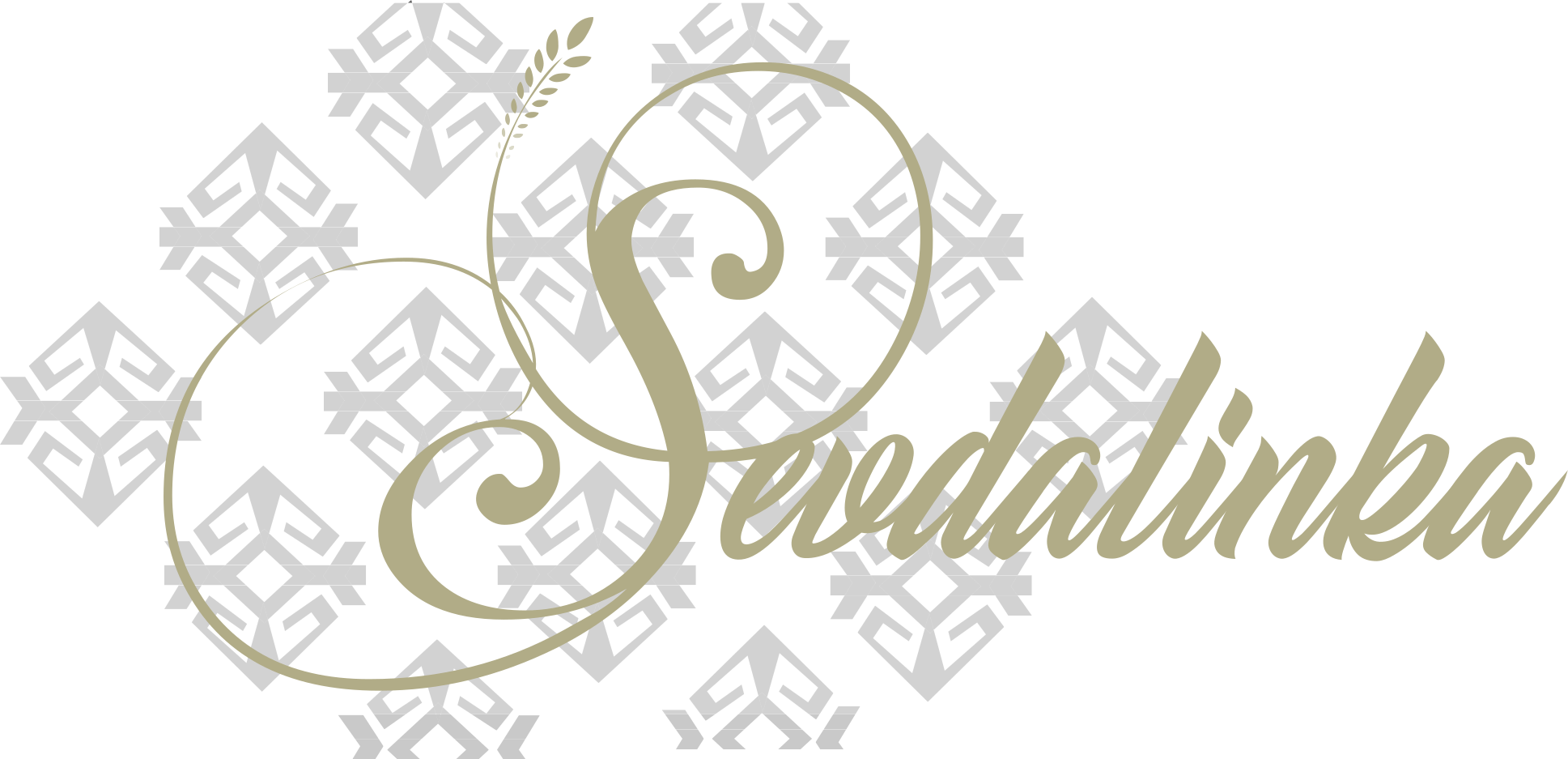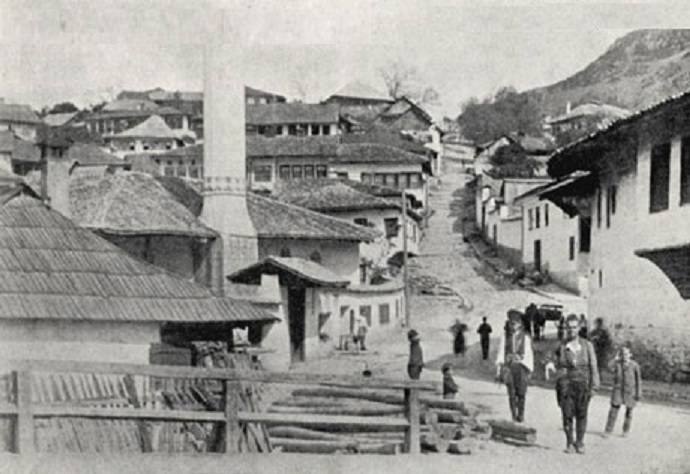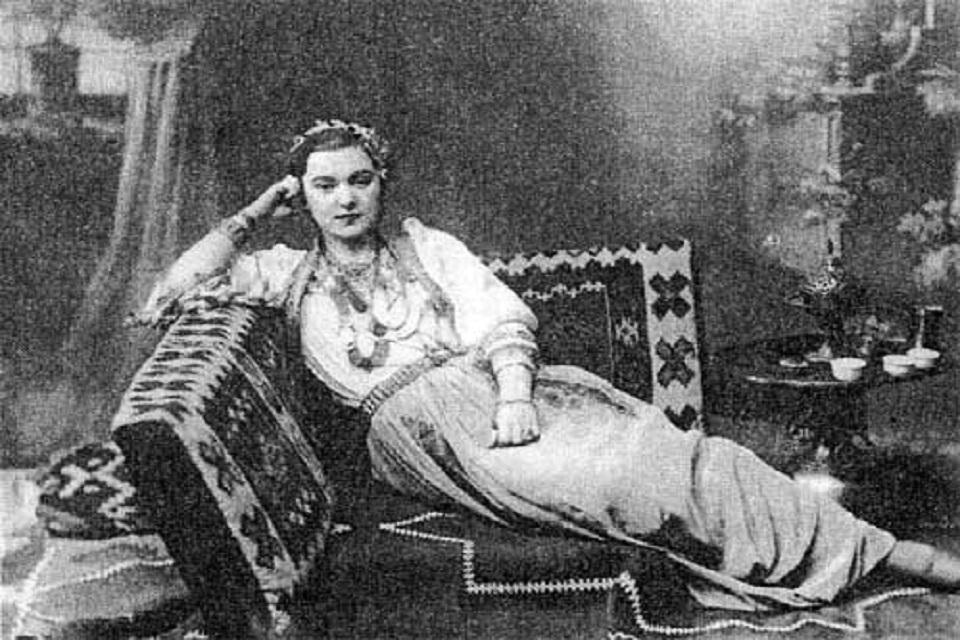In the middle of the 18th century, two brothers lived in Sarajevo who were wealthy merchants: Hadschi Mehmed-aga, called Pašo and Ibrahim-aga Morić, descendants of Mustafa-aga, who had been a jenissary with the title Serdengecti (Storm Troopers) and mother Amina.
This was the period after the Battle of Banja Luka, when the Bosniaks, without the help of Constantinople, defeated the superior Austrian army and even higher taxes were imposed on them as a “reward”.
Anarchy in Bosnia
As a result, the population sought refuge in Bosnia and anarchy developed.
“At that time, neither the Pasha, nor the commander, the judge, nor even the Ulema (clergy) was respected…”, writes a chronicler of that time – Mula Mustafa Bašeskija.
Among the leaders of frequent rebellions against the Ottoman authorities in Sarajevo were the two brothers Morić from Vekil-Harč, a district near Alifakovac.
According to tradition, the Morić’s not only fought against the authorities but were also involved in disputes with the Halilbašić’s, who lived on the opposite side of the Miljacka. The supporters of these two respected Sarajevo families had fought each other in the city like two hostile armies.
It is said that the Morić’s were thugs and perpetrators of violence – they are said to have sat down in the middle of the Šeher-ćehajina bridge and pulled out their long pipes so that they touched each other. They sat there for hours, chatting and smoking. Meanwhile, no one was allowed to cross the bridge.
It is also true that they confiscated a garden on the right side of the Miljacka from the foundation of the city founder Isa-beg Ishaković However, not for themselves, but to make it part of the foundation of their own Vekil-Harč mosque. According to the historian Hamdija Kreševljaković, this would have put one foundation at a disadvantage in order to help the other, weaker ones.
When the authorities had enough of anarchy in Sarajevo, the Morić’s were captured in early March 1757.
The most likely version of their arrest is that they were arrested after afternoon prayer in the Bakr-Baba mosque on At-Mejdan and then led in chains to the Sarajevo fortress where they were judged and then strangled.
The ballad about the brothers Morić
The brothers Morić are buried at the cemetery of the Vekil-Harč Mosque, also known as the Haji Mosque, near the Inat House. They lie next to their father Mustafa-aga and mother Amina. On the mosque wall, there is a memorial plaque in honour of Mehmed and Ibrahim Morić.
“The brothers Morić, Hadji Mehmed and Ibrahimaga,
were suddenly a deadly and bitter wind and killed her instantly.
They left behind a mother of sorrow, may God have mercy on them.
In one breath the date was written. – Eternal death occurred to them in 1170.”
The arrest of the brothers Morić and their execution were immortalized in the ballad, most likely written by one of their successors.
According to the research of Prof. Dženana Buturović at least 28 versions of this ballad were found, which was also translated into several other languages.
The son of Ibrahim-aga Morić, Mustafa, was named after his grandfather. At the beginning of the 19th century, Mustafa became the tenant of the caravanserai (Han), which belonged to the Gazi Husrev-beg Foundation and still bears the name – Morića han.
Although it is not possible to stay overnight in the Han, visitors can rest there, as the Han has several cafes and a restaurant with traditional Bosnian specialties.
(Source: znamo.ba /Priča o braći Morić)



